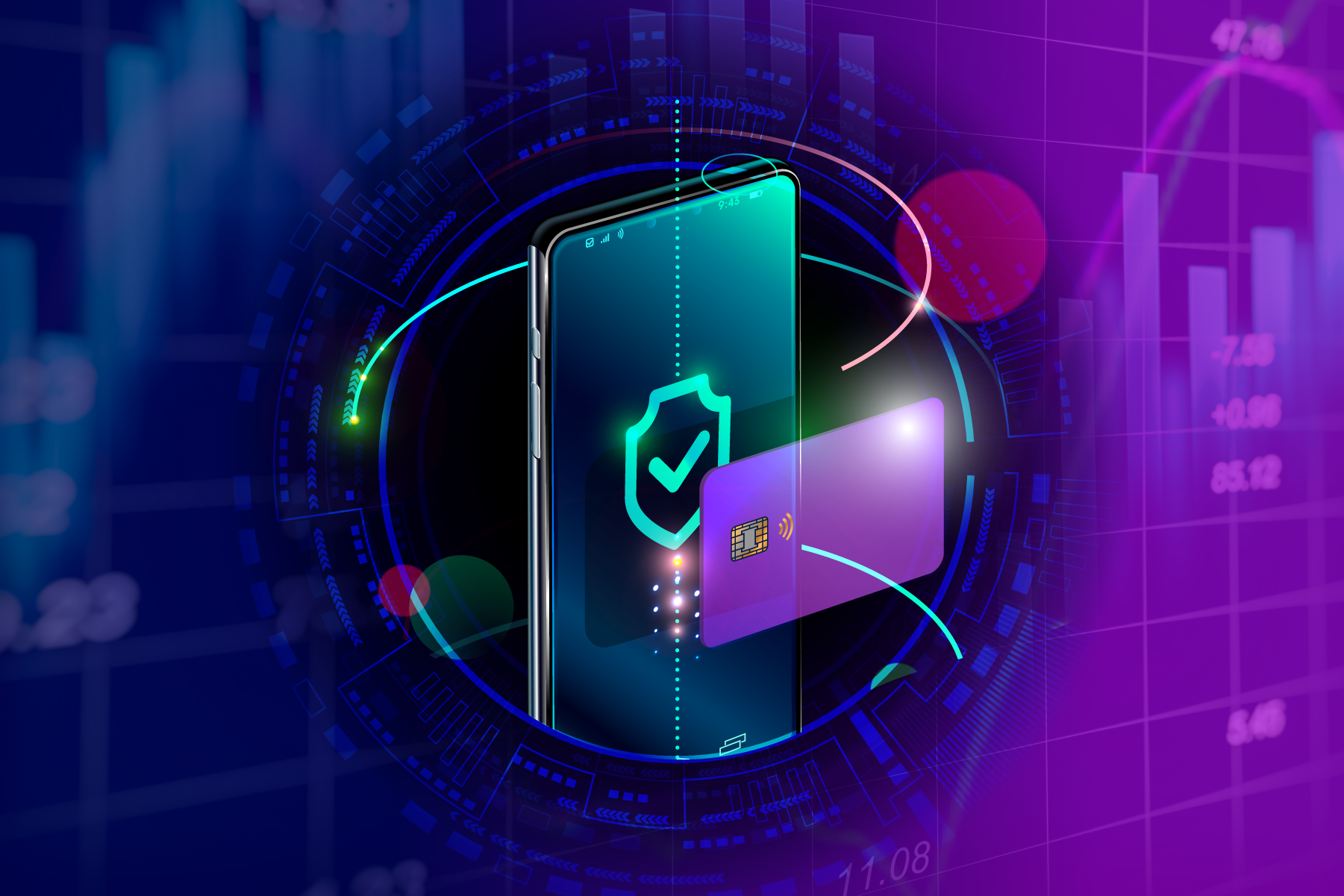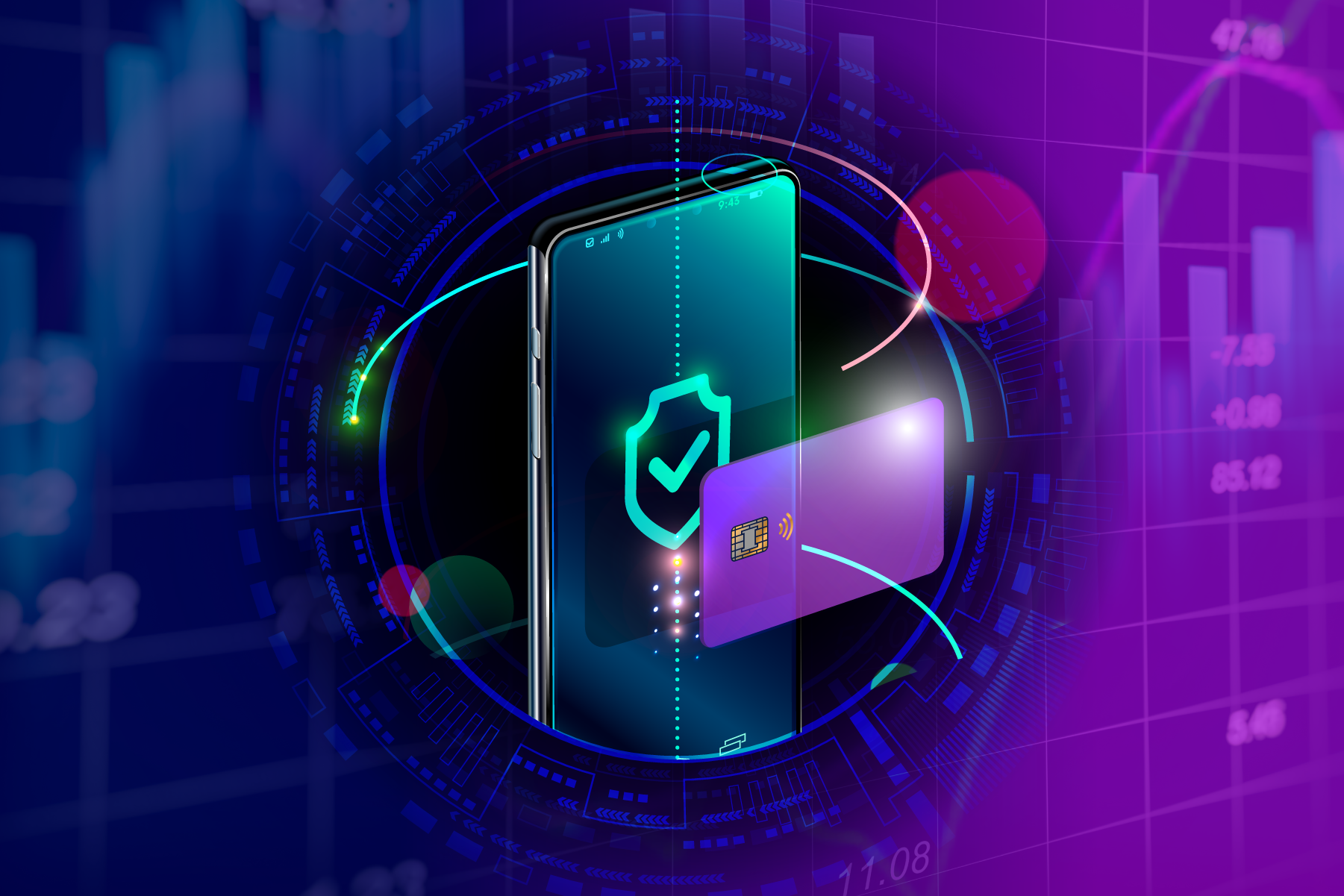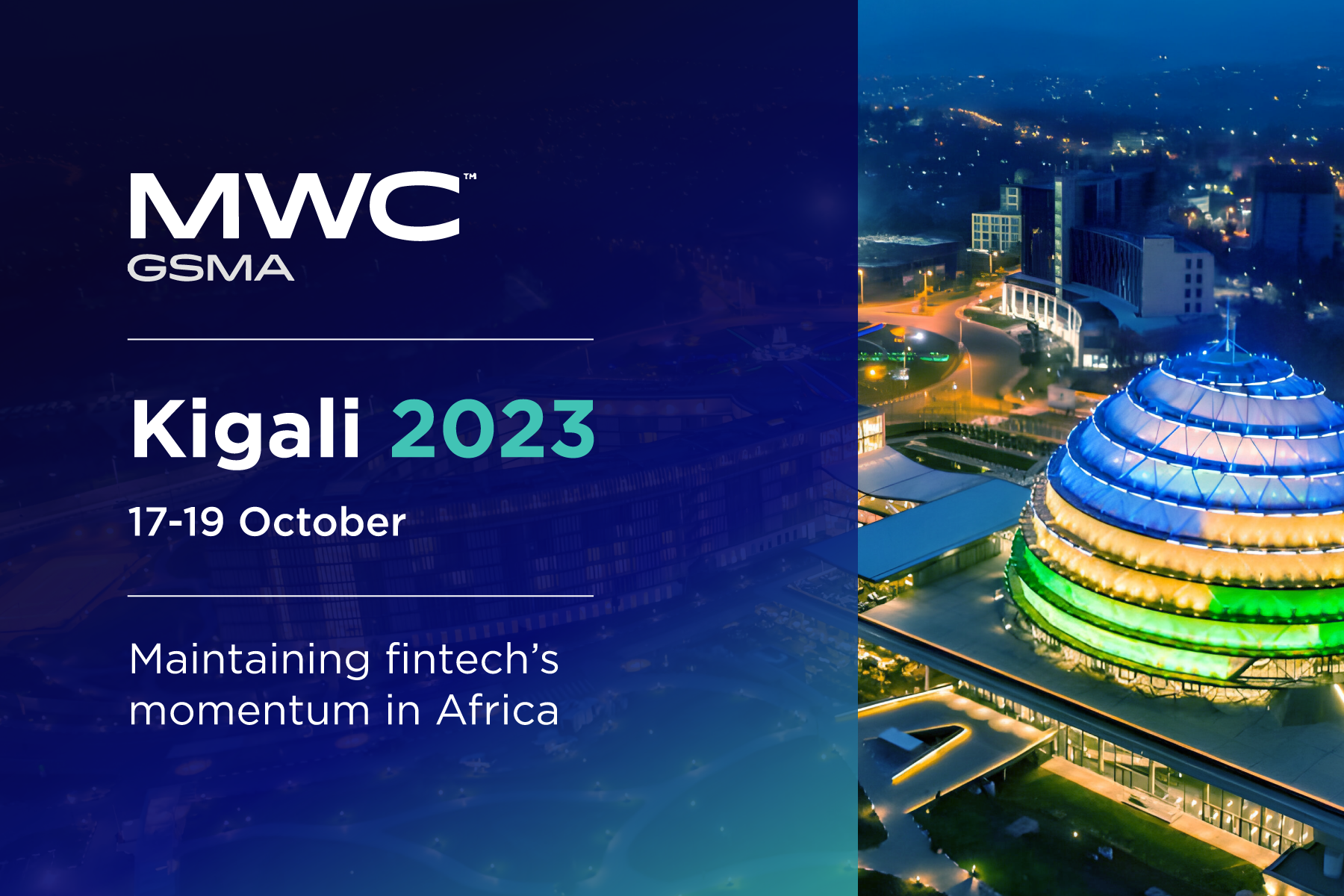
Securing Digital Financial Transactions in Africa: The strategic role of technology and regulation
Over the past two decades, Africa has witnessed significant innovation in terms of digital payments, especially since the pandemic. Cash may indeed see its dominance being challenged over the next years, as the transition to digital payments accelerates. Nevertheless, some unresolved challenges undermine the adoption of digital payments. One of these challenges is security. Securing digital financial transactions would foster trust among the consumers, and therefore drive adoption, therefore supporting financial inclusion on the continent. Global Voice Group (GVG) supports governments and tax administrations in achieving this goal by strengthening their technological and regulatory capabilities.
The rise of digital financial transactions in Africa
Cash may still be king in Africa, but digital financial transactions could prove themselves to be a worthy challenger over the next few years. According to a forecast by McKinsey for the 2020-2025 period, the digital payment market will grow by 152% and reach close to 40 billion USD from domestic payments alone. However, this forecast includes electronic transfers, cards, and wallets, but not digital remittances. Considering the importance of remittances to the African economy, it is also worth mentioning the evolution of their digital counterparts. Estimates indicate that their transaction value will reach 1.95 billion USD this year. They also point to an annual growth rate of 8.92% from 2024 to 2027.
This is good news for the continent. Indeed, digital financial services are considered a catalyst of financial inclusion and social and economic development. However, there is room for improvement as far as adoption is concerned. The World Bank’s Findex Report 2021 indicates that 45% of adults in Sub-Saharan Africa still do not use digital payments. The World Bank has therefore called for the scaling of digital financial services in Africa, to support socioeconomic development in the region. A similar recommendation was made at the launch of the second edition of the State of Instant and Inclusive Payment Systems (IIPS) Report 2023 in Addis Ababa, in November last year, specifically as regards IIPS.
Securing digital financial transactions to boost adoption
Boosting the adoption of digital payments involves bringing down the barriers that are stopping consumers from using them. These barriers include a lack of digital literacy and awareness among users, inadequate connectivity, and the risk of fraud. According to AfricaNenda, the lack of trust is a common factor, strongly rooted in the fear of fraud, social engineering, and other scams. The consumers are also concerned about the safety and confidentiality of sensitive personal data. The organization also reports that security concerns related to digital payments have caused consumers in the DRC and Cameroon, for example, to discontinue the use of this payment method, quickly withdraw their money, or refuse to make digital financial transactions in the first place.
In Africa, digital payment platforms are indeed vulnerable to different types of frauds, including money laundering and the financing of terrorism. Criminals exploit the lack of digital literacy and awareness to steal funds through impersonation and identity theft, among other scams. They also use digital payment platforms to transfer large sums of dirty money in small amounts. This way, they avoid arousing the authorities’ suspicion. African Wireless Communications reports that, in 2021, mobile money fraud caused losses of over 1 billion USD on the continent.
Therefore, securing digital financial transactions would help build trust and boost adoption. For the authorities, doing so implies the ability to track and analyze these transactions, with a view to identifying illegal or suspicious ones. It also implies building regulatory capacity to create appropriate regulations enabling the safe use of digital payment platforms.
GVG supports authorities in securing digital financial transactions
All digital transactions leave a trace. This enables governments and their agencies to measure, analyze and investigate them, provided that the right technology is in place. GVG provides the relevant authorities with digital tools that give them the possibility to collect transactional data directly from the Mobile Money sector. After analysis through our solutions, the collected data then yields actionable information that supports the securing of digital financial transactions. However, GVG is also acutely aware of the need to secure not only transactions, but also the related sensitive data. As an ISO 27001-certified provider, we offer solutions that comply with privacy laws and ensure data security through anonymization and other protection methods.
In Tanzania, for example, the TCRA relies on GVG’s FinTech governance platform to oversee Mobile Money services. Thanks to this platform, the authority has been able to trace, and account for, 100% of Mobile Money transactions. The monthly average value of the transactions the platform has verified and analyzed amounts to 5 billion USD. For the ARPCE in the Republic of Congo, GVG implemented a RegTech solution aiming to manage, certify and secure the Mobile Money payments citizens make for their utility bills. This solution enables the electronic timestamping of utility payments, by connecting Mobile Money providers to the central system installed on the ARPCE’s premises. It gives the Congolese government total visibility and control over these payments. As a result, it helps build digital trust among the consumers.
Furthermore, the Mobile Money data GVG’s RegTech solutions provide also reinforce the authorities’ capacity in terms of data-driven policymaking. This is welcome, as, according to AUDA-NEPAD, the existing Mobile Money-related regulations do not always provide adequately for security challenges, especially in terms of personal data security.
Security, the foundation of trust and expansion
Predictions state that the African digital financial transactions landscape will keep on expanding, thus driving financial inclusion and socioeconomic development on the continent. However, some remaining gaps in terms of service adoption need to be filled for digital payments to reach their full potential in that respect. Trust is a crucial factor which is unfortunately undermined by these services’ vulnerability to fraud. Securing digital financial transactions in Africa is therefore essential to building trust, and by extension to driving adoption. GVG supports governments, regulatory authorities and central banks in this endeavour by providing them with data-driven technology that strengthens their oversight and regulatory capacities.
Click here to read more about the oversight of Mobile Money services in Africa.



